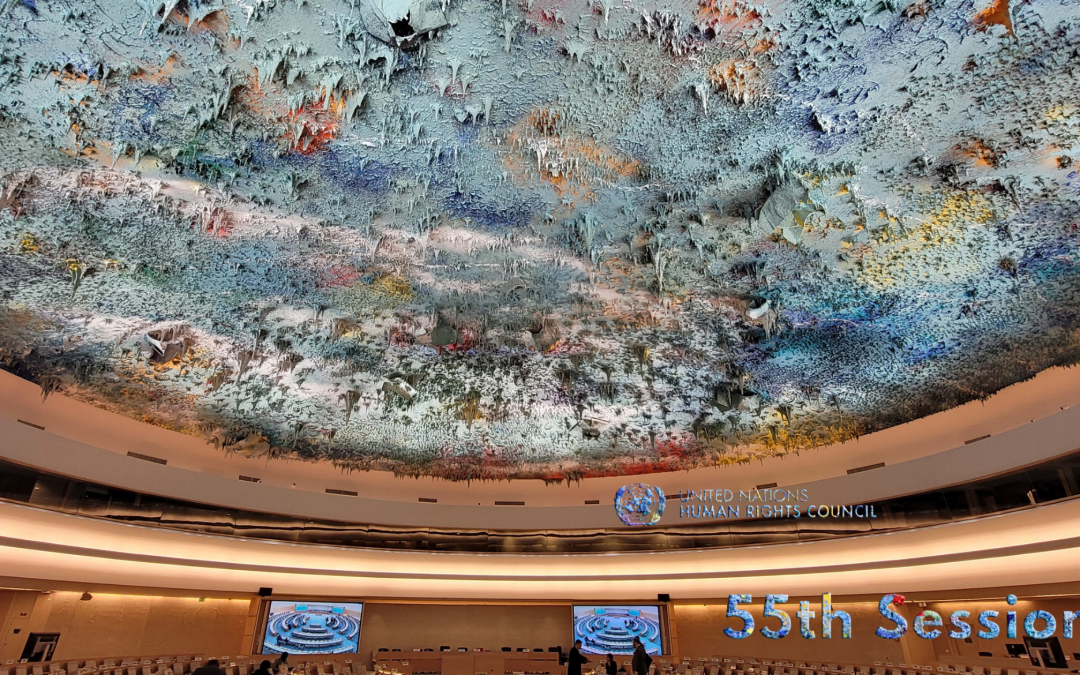
by CAP Liberté de Conscience | Apr 23, 2024 | HRC 55
Throughout the 55th session of the Human Rights Council, the Coordination des Associations et des Particuliers pour la Liberté de Conscience actively engaged in addressing a range of human rights concerns affecting religious minorities and vulnerable groups across Europe, Africa, and Asia. The organization’s interventions aimed to raise awareness, call for immediate action, and urge governments to uphold their obligations to protect the fundamental rights and freedoms of all individuals, regardless of their religious or spiritual affiliation.
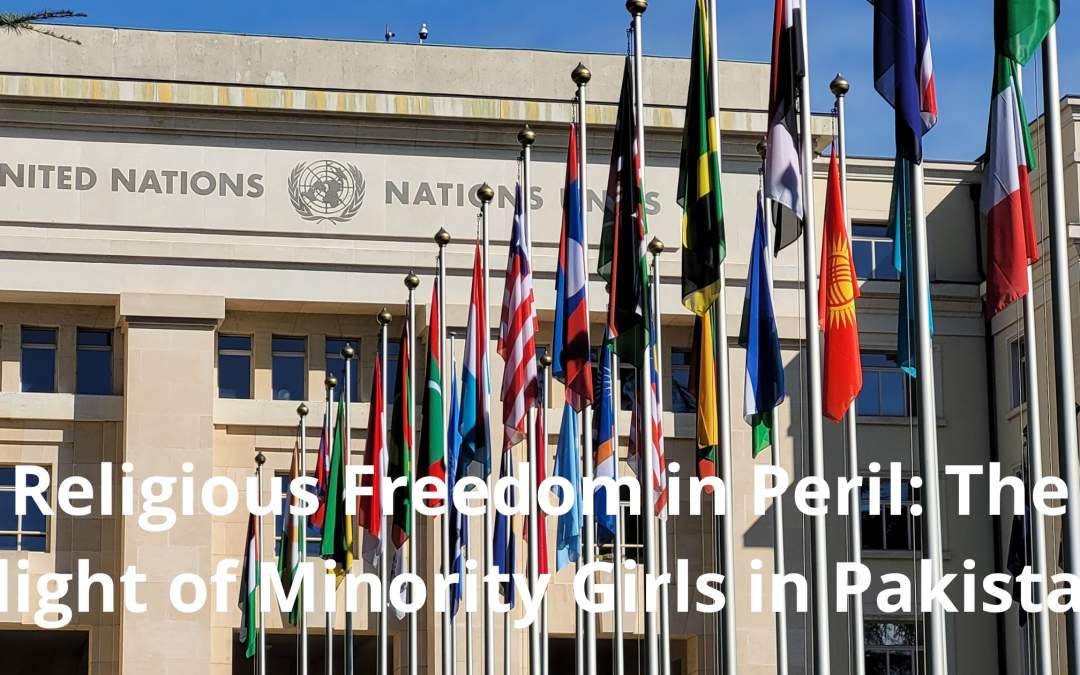
by CAP Liberté de Conscience | Apr 15, 2024 | news
https://freedomofconscience.eu/42th-upr-session-pakistan-jan-feb-2023-persecution-of-ahmadis-in-pakistan/
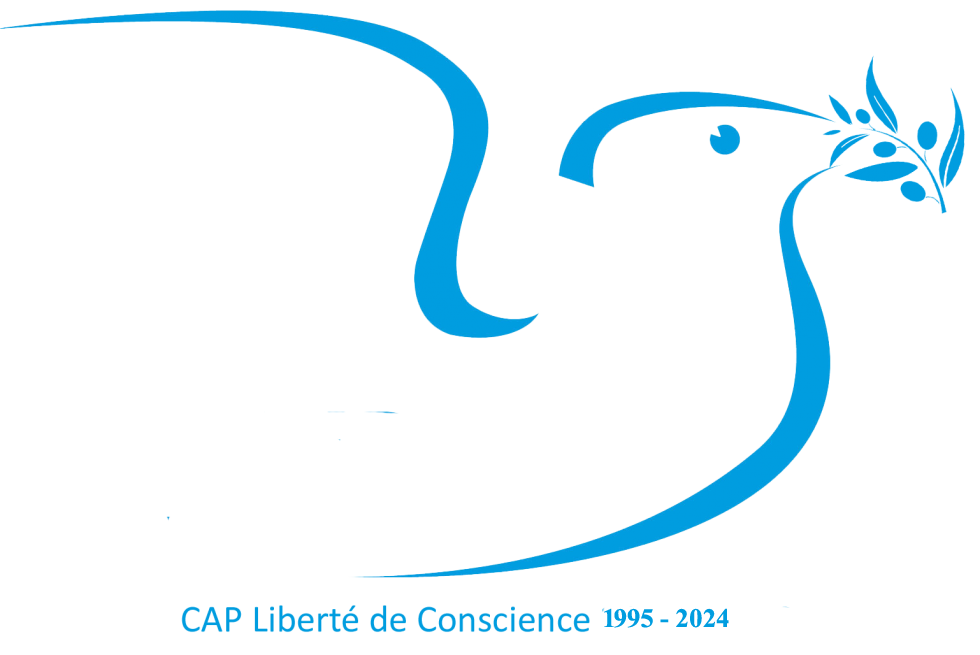
by CAP Liberté de Conscience | Mar 12, 2024 | Ahamadiyya
The NGO Coordination des Associations et des Particuliers pour la Liberté de Conscience (CAP LC) has been actively advocating for the rights of the Ahmadiyya community at the United Nations Human Rights Council (UN HRC). The Ahmadiyya, a minority Muslim community, faces severe persecution and discrimination in various countries, particularly in Pakistan, where they are officially declared non-Muslims and subjected to numerous restrictions and violence.
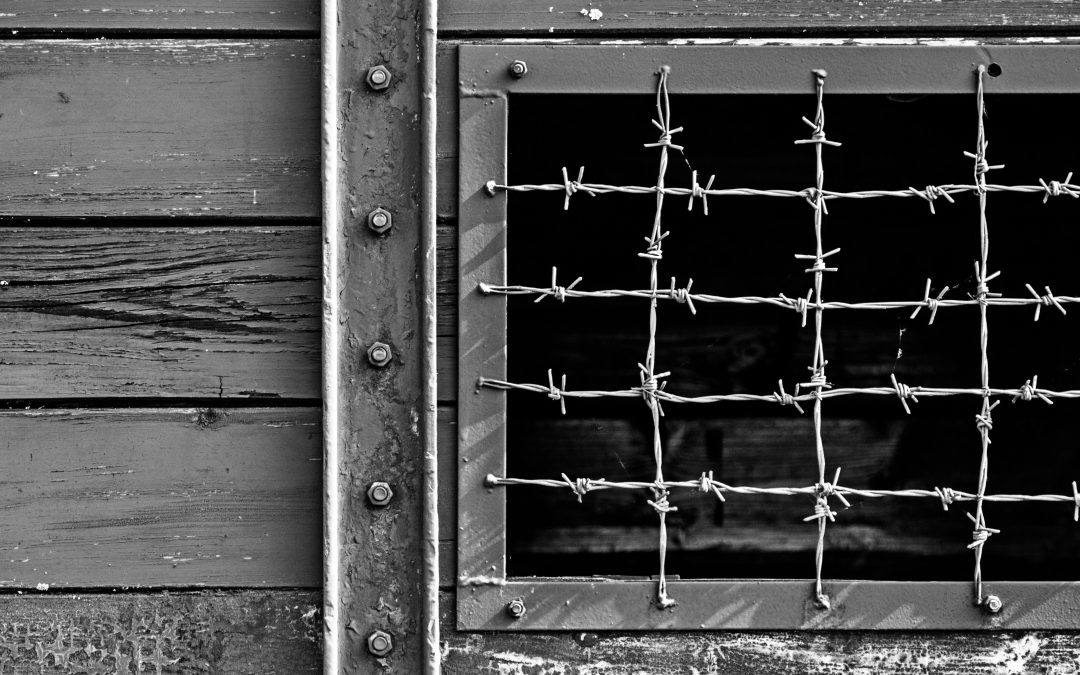
by CAP Liberté de Conscience | Mar 12, 2024 | Ahamadiyya
The International Human Rights Committee (IHRC) is seriously concerned as there is a risk of another unlawful deportation from Germany to Pakistan. Her deportation is scheduled during the next days, according to our information.
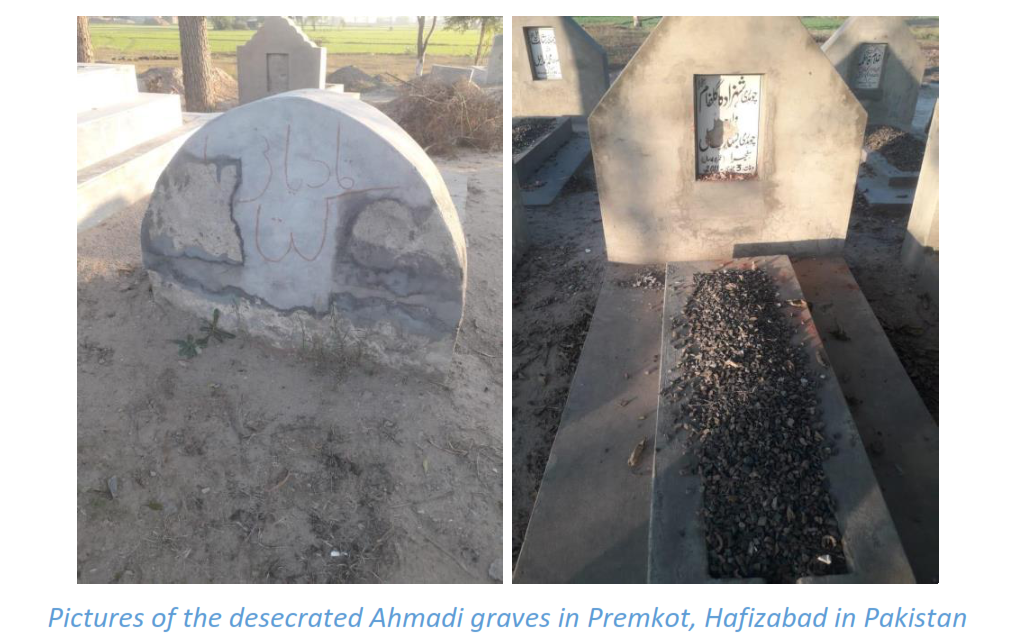
by CAP Liberté de Conscience | Dec 3, 2022 | Ahamadiyya
Graves of ahmadis desecrated in ‘malicious’ act of vandalism in cemetry at premkot, hafizabad pakistan







